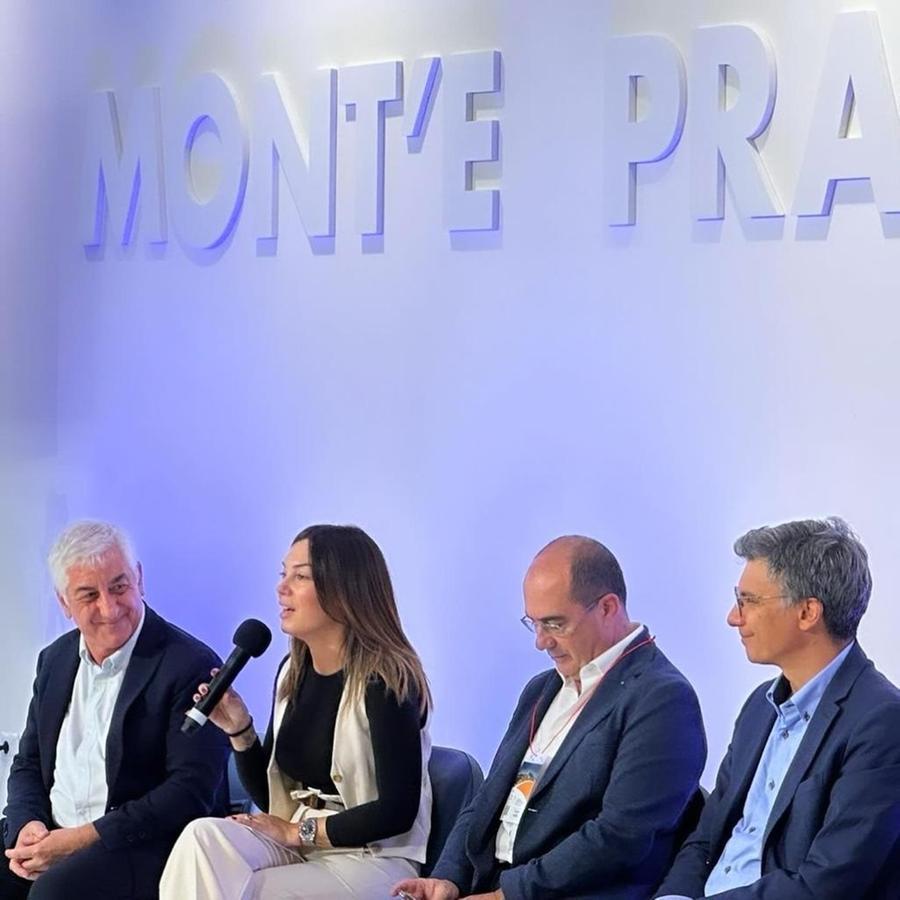Cabras “In the heart of Sinis, a moment of high cultural value to celebrate an instrument that unites the peoples and history of three continents, a vector of dialogue and cultural, economic and social development.”
This was stated by Industrial Councilor Anita Pili, who took part in the event in Cabras today, October 20, to mark the 20th anniversary of the recognition of the Phoenician Route as a Cultural Route by the Council of Europe (2003-2023). in the presence of international delegations and representatives of the 15 participating countries as well as other Euro-Mediterranean cultural routes.
Today there are 47 Council of Europe Cultural Routes, a program created in 1987 out of the awareness of the existence of important European cultural attractions and the role they can play in the cultural enhancement of leisure time. In 2003, the institution of the European Union recognized the Phoenician Route as a model of interculturality within this network: the Phoenician Route actually refers to the connection of the great sea routes that existed from the 12th century BC. were used by the Phoenicians as fundamental commercial and cultural communication routes in the Mediterranean region. Through these routes and through encounters with other cultures, a great civilization emerged, generating the exchange of artifacts, people and ideas that form the basis of the common culture of the peoples of the Mediterranean.
“Appreciating the Phoenicians’ itinerary means valuing the history of our people as a Mediterranean civilization. “Through the discovery of other cultures and exchanges, valuable connections and collaborations are created for the development of all communities,” concluded the representative of the Solinas Council. The event, organized by the Mont’e Prama Foundation in collaboration with the Region of Sardinia and the Municipality of Cabras, received the patronage of the Italian Ministry of Culture, Tourism, Foreign Affairs and International Cooperation

